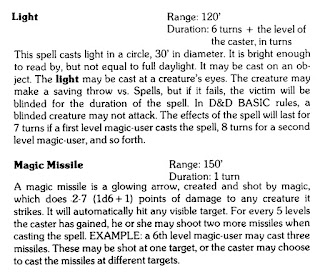5e Race-As-Class: Dwarf (Into the Unknown)

The Dwarf is up for review. Full version at the bottom of page The Dwarf in B/X is basically the fighter with better saves. I decided to let Extra Attack be a unique feature of the fighter in Into the Unknown. So the Dwarf is instead based around being a a good mook horde breaker (from 3rd level onwards) and otherwise being a reliable hard damage dealer against solitary foes, who can also take a good amount of punishment. I've tried to focus on mechanics that doesn't require extra die rolls or new mechanics to learn (or if they do, ride on existing ones - two abilities look at the ignored die of advantage/disadvantage for their effect - And two other abilities involve invoking advantage and disadvantage for nice synergies). Oh and I added favored enemy. Because it's well known that dwarves carry a mighty grudge against their enemies. Overall, I am really happy with the result. I think it would be would to play (combining free shoves on advantage with opportuni








